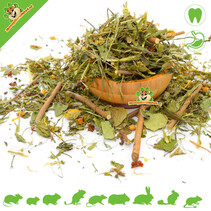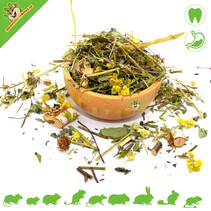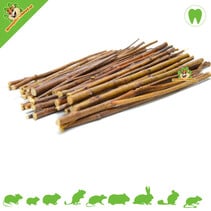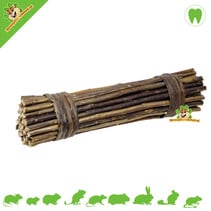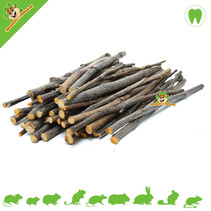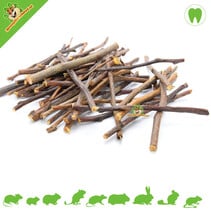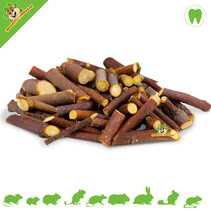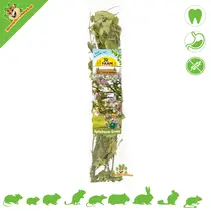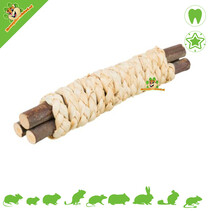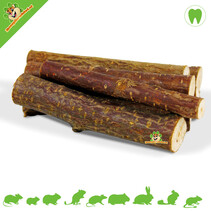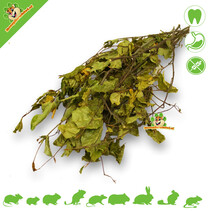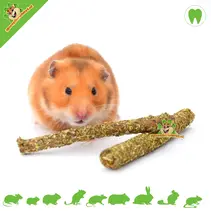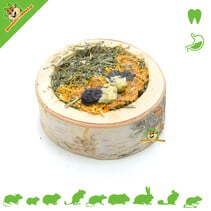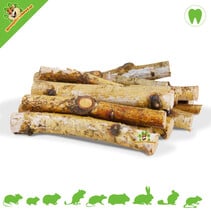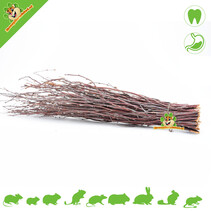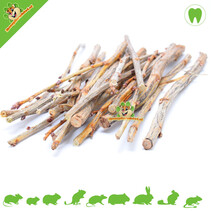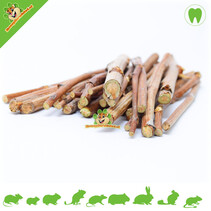Gnawing material for hamsters and dwarf hamsters
- Ordered before 5 p.m., shipped the same day!
- Al 14 jaar een begrip!
- Delivery from our own stock
- Ordered before 5 p.m., shipped the same day!
- Al 14 jaar een begrip!
- Delivery from our own stock
You can easily and quickly buy responsible gnawing material for your Hamster or Dwarf Hamster at DRD Rodent Shop ® The Hamster Webshop for your Hamster!
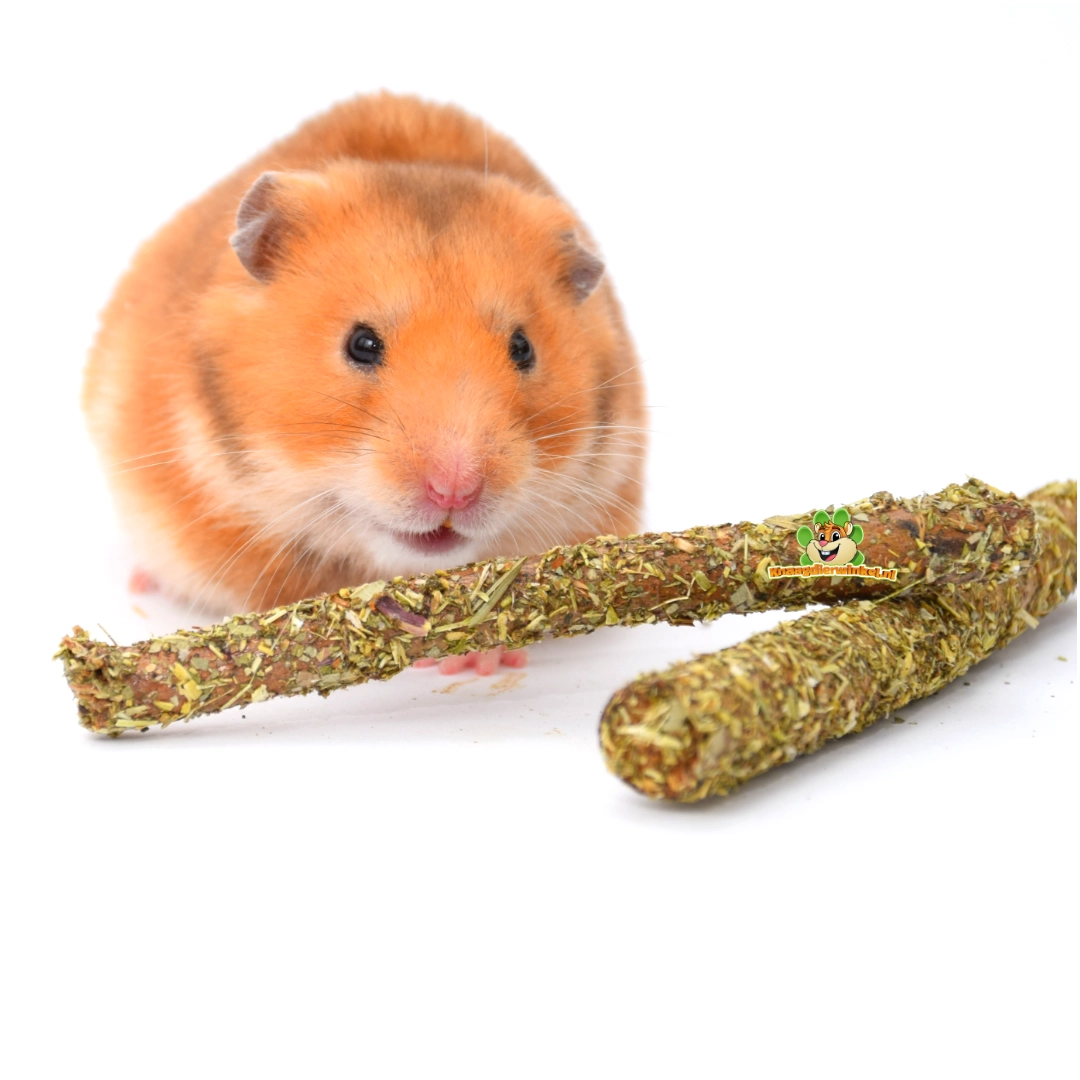 Hamsters and Dwarf hamsters have a natural need to gnaw. This is because hamsters are rodents and have continuously growing incisors. It is therefore necessary for hamsters to be able to gnaw on something to wear down their teeth. If hamsters have too few opportunities to wear down their teeth, the teeth can become too long or grow crooked with all the consequences that entails.
Hamsters and Dwarf hamsters have a natural need to gnaw. This is because hamsters are rodents and have continuously growing incisors. It is therefore necessary for hamsters to be able to gnaw on something to wear down their teeth. If hamsters have too few opportunities to wear down their teeth, the teeth can become too long or grow crooked with all the consequences that entails.
Rodents use gnawing wood to wear down their teeth. Because rodents' teeth are always growing, they need to have something to gnaw on regularly so that they don't grow too long and crooked.
Some hamsters gnaw very actively on gnawing wood and others not at all. On the one hand it is a matter of taste, but on the other hand it is a matter of need. If a hamster has no need to gnaw because its teeth remain long due to food, hay or other nibbles, then it will gnaw less on gnawing wood. It is good to always offer natural gnawing wood so that the animals can always gnaw when they have a need to gnaw.
Why is gnawing material important for hamsters?
Hamsters have continuously growing teeth . Without enough gnawing material, the teeth can become too long , leading to pain, difficulty eating and even medical problems. Gnawing material helps to wear down the teeth naturally and provides enrichment .
How often should I offer gnawing material?
It is important that your hamster always has access to suitable gnawing material. This helps keep the teeth healthy and prevents boredom.
Tip: vary regularly to maintain interest!
How Fast Do Rodents and Rabbits' Teeth Grow?
Mice : About 0.3 millimeters per day
Hamsters : About 0.3 millimeters per day
Gerbils : About 0.4 millimeters per day
Rats : About 0.5 millimeters per day
Guinea pigs : About 2 to 3 millimeters per week
Rabbits : About 2 to 3 millimeters per week
Chinchillas : About 1.5 millimeters per week
Degus : About 1.5 millimeters per week
An Overview of Our Rodent Wood Varieties
-
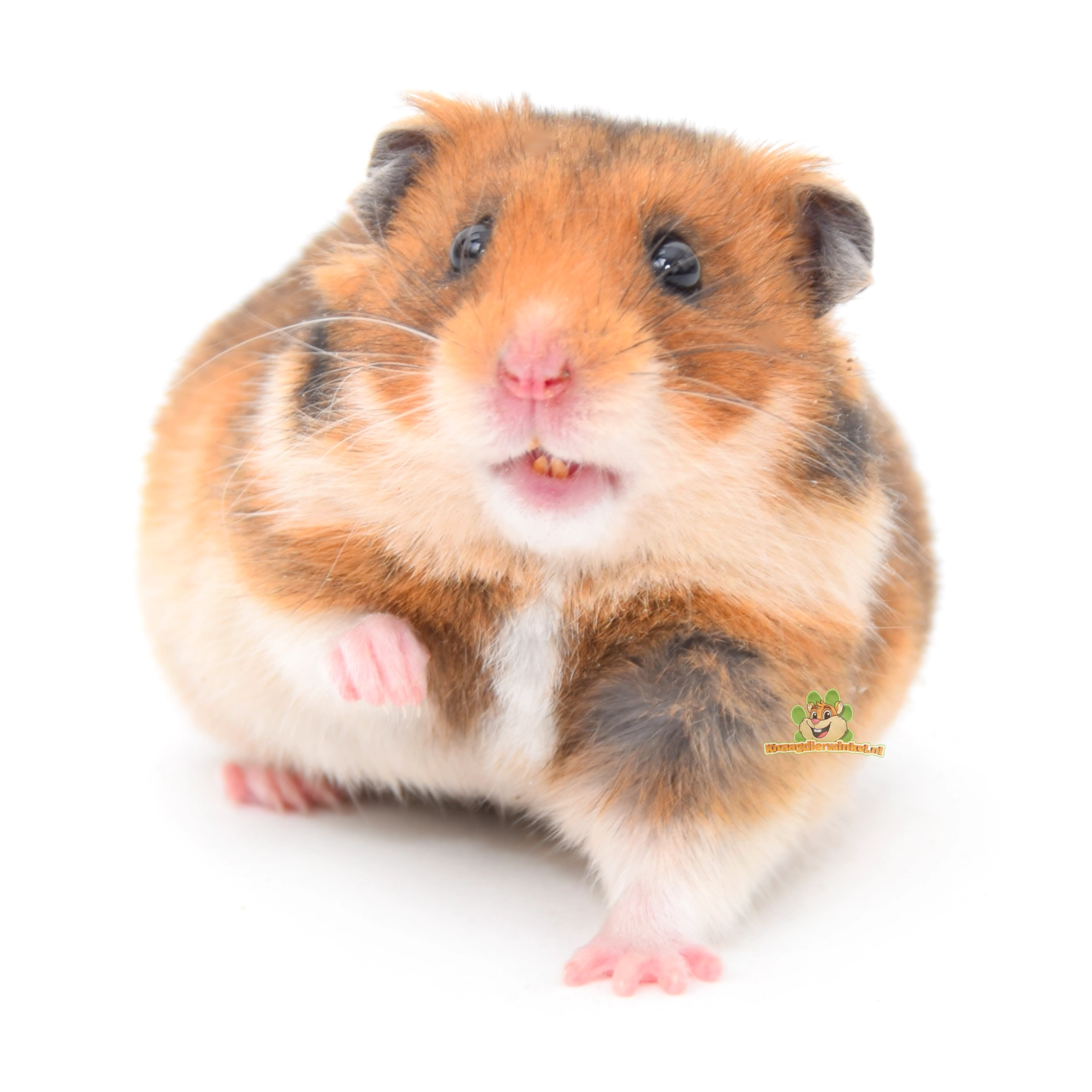 Lime: Loved for its soft texture and flavour, Lime provides a pleasant chewing experience for Dwarf Hamsters and Hamsters. Lime wood is known for its soft and light texture. It provides a mild gnawing sensation, making it suitable for all Hamsters who prefer softer materials. Lime wood has a light and mild flavour, making it attractive to animals without a strong preference.
Lime: Loved for its soft texture and flavour, Lime provides a pleasant chewing experience for Dwarf Hamsters and Hamsters. Lime wood is known for its soft and light texture. It provides a mild gnawing sensation, making it suitable for all Hamsters who prefer softer materials. Lime wood has a light and mild flavour, making it attractive to animals without a strong preference. -
Willow: With its crispy bark and juicy interior, Willow is a favorite choice for Hamsters who like to actively gnaw. Willow wood has a crispy bark and a soft center. It offers a varied texture that the animals can appreciate. Willow wood has a natural and light flavor, which makes it attractive to gnawing Hamsters.
-
Hazelnut: Hazelnut gnawing wood combines strength with taste, making it a sustainable and tasty choice for your gnawing friends. Hazelnut wood has a firm texture. It offers good resistance for hamsters who like to actively gnaw. Hazelnut wood has a characteristic taste that hamsters can appreciate.
- Apple: Apple wood is a popular choice for hamsters as a gnawing material. Apple wood generally has a medium texture. It offers satisfying resistance when gnawing, which is ideal for animals that like to actively grind their teeth. Apple wood also has a mild and pleasant flavor. This subtle flavor can pique the curiosity of hamsters, which makes them want to gnaw on the wood.
-
Birch: The light and airy nature of Birch makes it a versatile choice, perfect for hamsters with different gnawing preferences. Birch wood has a light and airy texture. It is suitable for animals that prefer slightly less dense materials. Birch wood has a mild flavor, making it a versatile choice for different hamsters
-
Beech: With its sturdy structure, Beech offers a long-lasting chewing challenge for hamsters who like to be challenged. Beech wood has a sturdy and durable texture. It offers long-lasting gnawing pleasure and is suitable for animals who like a challenge. Beech wood has a neutral taste, which makes it attractive to animals without a pronounced preference.
- Coffeewood : Coffeewood, made from coffee plants and generally has a soft and smooth texture which is very interesting for hamsters. The taste of Coffeewood is a natural, earthy taste. Hamsters can certainly appreciate this taste while gnawing. Coffeewood is also known for its durability, it lasts a long time as gnawing material.
-
Wood and Herb Branches: For animals that enjoy a tasty variety, wood and herb branches offer a combination of gnawing pleasure and aroma.
How do you use gnawing wood for Dwarf Hamsters and Hamsters?
-
Placement in the enclosure: Simply place the gnawing wood in your animals' enclosure. They will instinctively nibble on it when the need to gnaw arises.
-
Durability: Rodent wood is long-lasting and does not need to be replaced every time the enclosure is cleaned. Only wet rodent wood needs to be removed to prevent mold.
Can my hamster also have a gnawing stone?
Some gnawing stones are suitable, as long as they do not contain lime or salt . These substances can cause problems for hamsters. It is better to choose a gnawing stone made of corn or gnawing wood.
Are corn gnawing stones safe for hamsters?
Yes! Our corn gnawing stones are safe and healthy for hamsters. They are:
- Made from pressed corn
- 100% natural
- Without calcium, salt or artificial additives
- Edible and functional
They help with tooth wear and are a tasty activity for your hamster. They are also suitable for hamsters with sensitive digestion.
What if my hamster doesn't chew?
Some hamsters are picky! Try:
- Gnawing material with a scent or taste, such as gnawing wood with apple or flowers
- Rodent wood sprinkled with tasty herbs or vegetables
- Incorporate gnawing material into an enrichment toy
Also, pay attention to whether your hamster might not have enough challenge . Boredom reduces interest in gnawing.
Rodent Wood from the Garden or Picked Outside?
We strongly advise against picking gnawing wood from the garden or outside. Our gnawing wood is harvested and cleaned under protected conditions, making it free of possible parasites and contaminants that can occur in nature. Using our carefully selected gnawing wood ensures a safe and healthy gnawing experience for your animals.
Order Now and Let Your Hamster Enjoy Natural Gnawing Fun!
Give your Hamster the gifts of nature with our diverse range of gnawing wood. Order today and watch your Hamster enjoy the gnawing adventure!
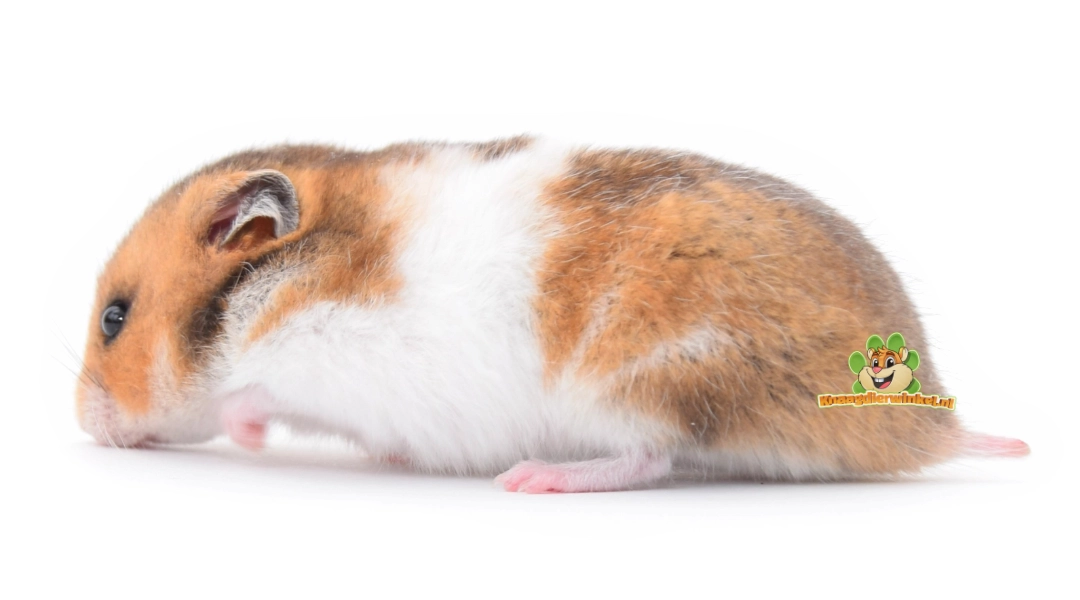
Do Hamsters and Dwarf Hamsters need gnawing material?
Because hamsters' teeth are always growing, the animals must have sufficient gnawing material at their disposal. They must be able to wear down their teeth, otherwise dental problems can arise. There are many different types of gnawing material. The most suitable is gnawing wood in the form of willow, lime or hazelnut. Do not use limestones or gnawing stones made of lime. These contain too much calcium and salts, which burden the kidneys. Healthy gnawing stones are available in the form of corn stones.
How can you recognize dental problems?
If you notice that your hamster is very enthusiastic about grabbing the food, but does not eat it, then there may be something wrong with the teeth. Drooling can also indicate dental problems. If you suspect that there are dental problems, it is best to contact the vet.
How do I store gnawing material?
- Dry and dust-free
- Not in damp areas (risk of mould)




